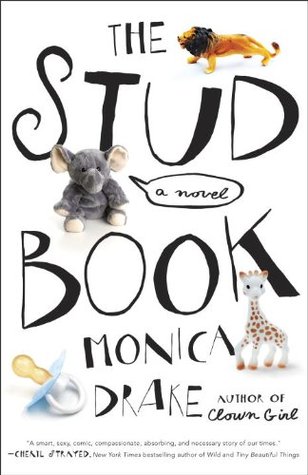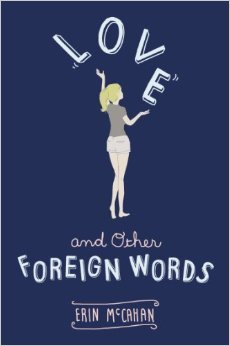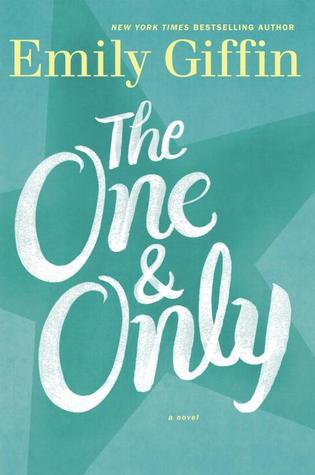I am very excited to welcome Lynn Cullen here to A Bookish Affair today!
ABOUT THOSE RUMORS…
As so often happens with well-known historical figures, Edgar Allan Poe has come down through time to us as a very different person than he was in life. We think of him as gloomy, wild-eyed, and downright scary, if not insane, when in fact he was known by his peers to be attractive, charming, athletic, and gentlemanly. Ladies swooned when he recited his work. Men admired his composure and good manners. While he was known to not mince words when writing reviews or other pieces of literary criticism, in person, he was invariably polite.
These portraits from around 1846 show how he looked soon after he wrote ‘The Raven,’ the period of my novel, Mrs. Poe. The photographs which we most often are familiar with today? They were from the last year of his life, when his health was failing, and let’s face it, he wasn’t looking his best.
He was not a drug addict or alcoholic, as now so commonly thought, although he did suffer from an inability to handle alcohol. One drink could make him roaring drunk. He was not impaired, however, on a daily basis. This was borne out, to me, upon examining his letters and manuscripts, written over the twenty-year span of his adulthood, that were on display at the Morgan Library in New York during a 2013-2014 exhibition. To an item, all were incredibly neat, with almost machine-like penmanship, and thoughtfully composed, obviously not the work of someone in their cups.
Furthermore, Poe didn’t have time to hit the sauce. He was desperately poor and had to work constantly just to make ends meet--often he wasn’t even able to do that. Poe was the first American author to try to support himself solely on his writing. Prior to him, authors married well, had family money, or earned money through another business. Unfortunately, writing was far from a get-rich-quick scheme for him. He was always broke.
So how did we end up thinking of this hard-working, charming gentleman as a creep? Two words: Rufus Griswold. Griswold hated Poe. Poe very harshly criticized Griswold’s poetry collection; Poe established himself as one of the most important arbiters of American poetry tastes when Griswold was trying to earn that distinction for himself; and Poe won the attention of the recently abandoned and very desirable Frances Osgood—the “it” girl of her time in New York City—when Griswold would have liked to have shown her off on his own frock-coated arm.
Griswold bad-mouthed Poe while Poe was alive but it was after Poe’s death that Griswold could really shine. He managed to make himself the literary executor of Poe’s papers and proceeded to slander Poe with a voracity and maliciousness that startles. Everything we “know” about Poe comes down to us from Griswold. Some of it has a grain of truth to it; other bits, like Poe having an affair with his aunt, are completely ludicrous.
Interestingly, we believe Griswold’s rumors. Maybe it’s because so many of Poe’s works are dark, works written because scary stories sold, and Poe so desperately needed the money. But one thing many people resist believing is that he had an affair with Frances Osgood. Which puzzles me. No, there is no concrete proof of Poe’s affair with the talented female poet, no photos of the pair in bed, no paternity tests results of the child Frances conceived during the time they were linked together. There’s no more proof of the consummation of their well-documented attraction to each other than there is proof of JFK’s fling with Marilyn Monroe, yet many of us are willing to believe in the JFK affair. Why not Poe and Frances?
There is more evidence than you’d think. First of all, Poe and Frances wrote love poems to each other—and Poe published them in the popular magazine that he edited. Contemporaries noted how the pair couldn’t stay away from each other at parties. A would-be suitor noted jealously (and just a wee bit bitterly) how Frances sat at Poe’s feet, looking up adoringly while doing her “infantile” act. John Russell Bartlett, Frances Osgood’s host in 1845 after her husband had temporarily abandoned her, noted how Poe visited Frances every night that summer while she was staying with the Bartletts…past midnight. Poe even took a rental house two short blocks away from the Bartlett’s during that time. So we know that they spent a lot of time together….too much time, according to jealous parties. Enough time that Poe’s mother-in-law (and also his aunt by blood) is recorded to have gone to Frances Osgood and asked her to leave Poe alone.
The affair must have seemed very real to Poe and Frances’s friends and families. When another lady poet who wanted Poe for herself claimed to have been shown, by Virginia Poe herself, Frances’s love letters to Poe, the New York literati went ballistic. Two of Frances’s best friends, Margaret Fuller and Anne Charlotte Lynch, marched straight over to Poe’s house and demanded Frances’s letters, to get them out of circulation. Whether there were love letters or not, Frances’s friends believed that they existed. They obviously believed in the affair and wanted to destroy the evidence which would ruin their friend’s reputation. When Poe denied that he had letters from Frances, they kicked him out of their social circles. He slunk off to Fordham (in the present-day Bronx,) in spite of his new-found fame upon the publication of ‘The Raven,’ no longer fit to be part of the New York society of which Frances was a member.
Poe’s contemporaries believed in his affair with Frances. Perhaps it’s time that we did.
Giveaway:
Win a copy of Mrs. Poe (U.S. only)!
a Rafflecopter giveaway





























